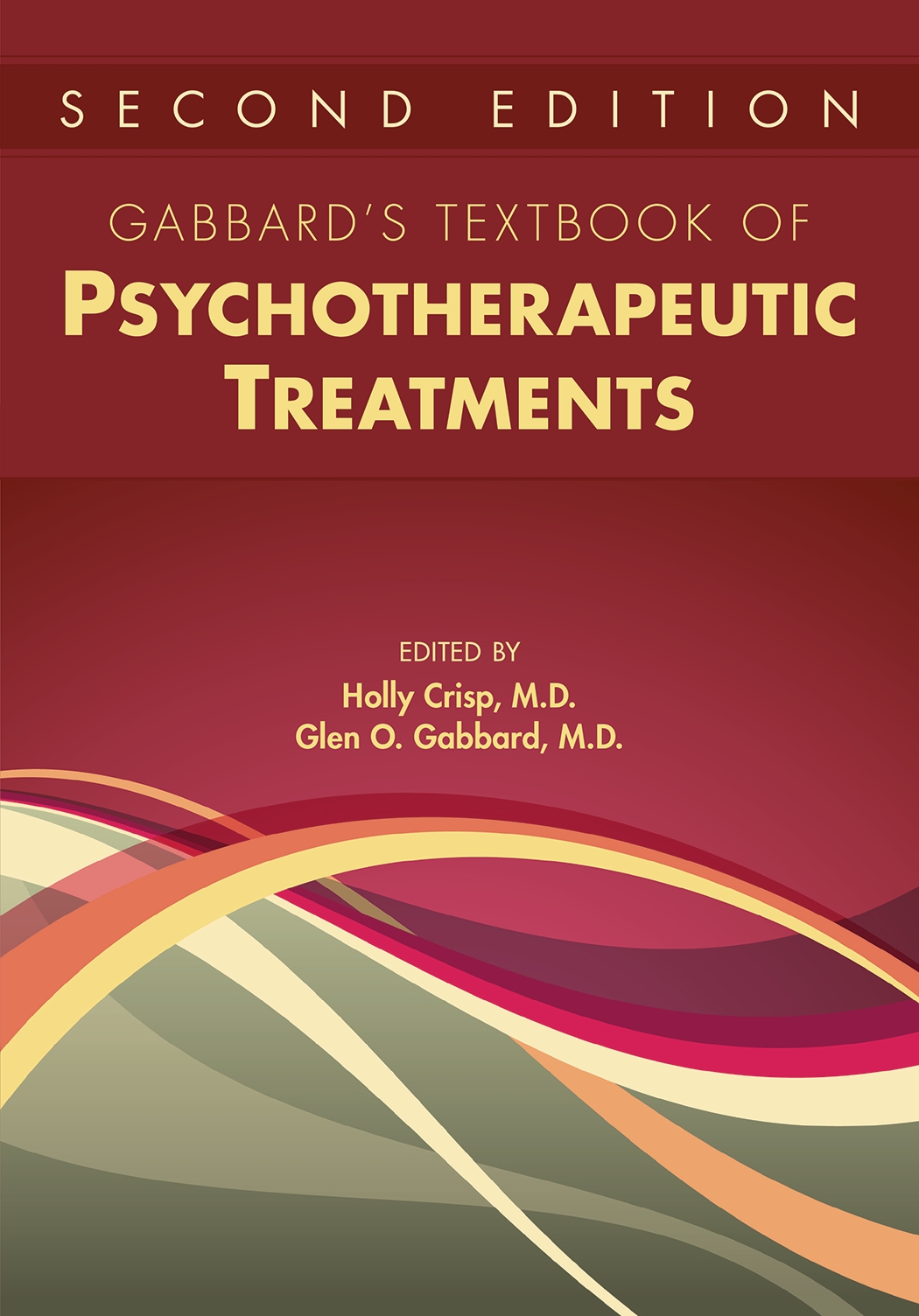Sections
Excerpt
Mentalization-based treatment (MBT) was initially developed for the treatment of borderline personality disorder (BPD) (Bateman and Fonagy 2004, 2006a, 2016) and is now recognized in guidelines as an empirically supported treatment (Storebø et al. 2020). Adaptations of the core model of MBT for BPD have been investigated in randomized controlled trials for the treatment of other complex mental health disorders such as antisocial personality disorder (Bateman et al. 2016), eating disorders (Robinson et al. 2016), drug addiction (Philips et al. 2018), and depression (Jakobsen et al. 2014); have been applied to different age groups with specific problems such as self-harming adolescents (Rossouw and Fonagy 2012); and have been implemented in different settings such as day hospitals (Bales et al. 2012; Bateman and Fonagy 1999), inpatient units, prisons (Bateman and Fonagy 2019), and schools (Fonagy et al. 2009). In this chapter we explore why MBT has generated widespread interest and is applied in such a range of conditions and contexts, summarize core principles underpinning mentalizing interventions, and discuss similarities and differences between MBT and other specialist treatments for personality disorder.
Access content
To read the fulltext, please use one of the options below to sign in or purchase access.- Personal login
- Institutional Login
- Sign in via OpenAthens
- Register for access
-
Please login/register if you wish to pair your device and check access availability.
Not a subscriber?
PsychiatryOnline subscription options offer access to the DSM-5 library, books, journals, CME, and patient resources. This all-in-one virtual library provides psychiatrists and mental health professionals with key resources for diagnosis, treatment, research, and professional development.
Need more help? PsychiatryOnline Customer Service may be reached by emailing [email protected] or by calling 800-368-5777 (in the U.S.) or 703-907-7322 (outside the U.S.).



